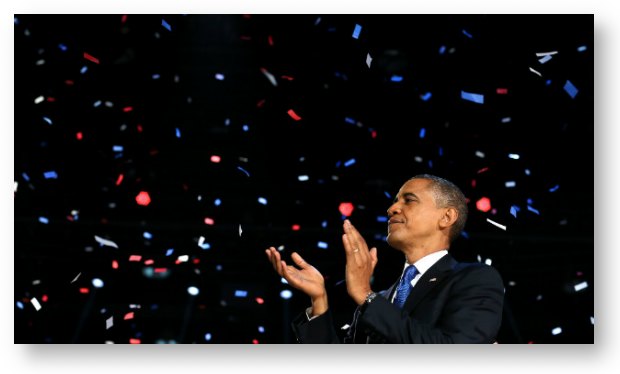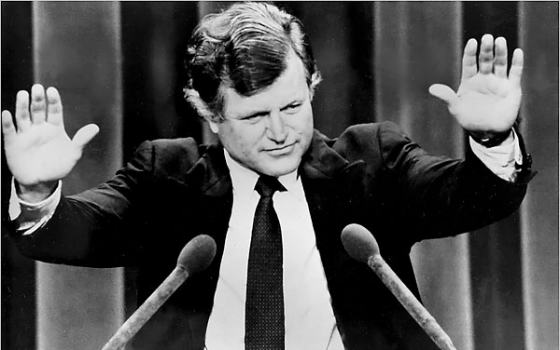November 7, 2012
Written by C.N.
Exit Poll Statistics and How Asian Americans Voted in the 2012 Presidential Election
I am relieved to report that after a hard-fought and expensive campaign, President Barack Obama has been reelected as President of the United States, having defeated Republican nominee Mitt Romney, former Governor of Massachusetts. Many of the major media outlets and blogs will describe in detail the different factors that led to President Obama’s victory and what his victory means for him in terms of moving forward with his agenda in his second term.

For now, I just wanted to share a few interesting exit poll data and quick observations about this 2012 Presidential election as it relates to Asian American voters and compare it to the President’s 2008 victory. The exit poll statistics below come from both the New York Times and CNN.
How Asian Americans Voted
In the 2008 election, 61% of Asian Americans voted for President Obama. In this 2012 election, that percentage increased to 73% as reported by both the New York Times and CNN. In fact, this number is higher than the percentage of Hispanics/Latinos who voted for President Obama (71%).
Although I have not heard of any high-profile Democratic campaign to appeal to Asian Americans, I think this is a pretty remarkable performance by the President. Increasing his support among Asian Americans seems to suggest that even without a direct and sustained appeal that was specific to Asian Americans, the vast majority of Asian Americans still resonated with President Obama’s platform and message.
I also think that increasing his support from Asian Americans should also dispel the belief that Asian Americans are only concerned with economic success and financial issues. In other words, if the majority of Asian Americans thought that fixing the economy was the single most important issue in the election, more than likely they would have voted for Romney, since most surveys found that more than half of Americans thought that Romney would be better at fixing the economy.
Instead, it seems that most Asian Americans, while still concerned about the economy, also considered other policy and social issues to be important as well, which may include immigration reform, wealth inequality and economic justice, civil and LGBT rights, etc. Perhaps this is due to the demographic trends within the Asian American population and how Asian Americans are gradually become younger and more U.S.-born than in years past.
In the end, President Obama getting 73% of the Asian American vote should also demonstrate rather convincingly that most Asian Americans are solidly liberal. While the ideological pendulum will always swing back and forth and the percentage of Asian Americans who vote Democratic will fluctuate, data from the past several elections confirm that Asian Americans are a pretty solid Democratic constituency.
Along with the Hispanic/Latino community, this should be a wake up call for the Republican Party going forward — if they want to have a fighting chance to consistently capture the White House and Congress in upcoming elections, they need to reverse their swing to the far right and move more toward the center if they want to avoid alienating the growing Hispanic/Latino and Asian American communities.
Along with many other Asian Americans, I will savor this victory for now, but also look forward to using this reelection to enact policies that will move the country forward and make life better for Americans from all backgrounds.
Roundup of How Asian American Candidates Fared
Here is a listing of some articles from Asian American media and bloggers on how Asian American political candidates fared in the 2012 election:


